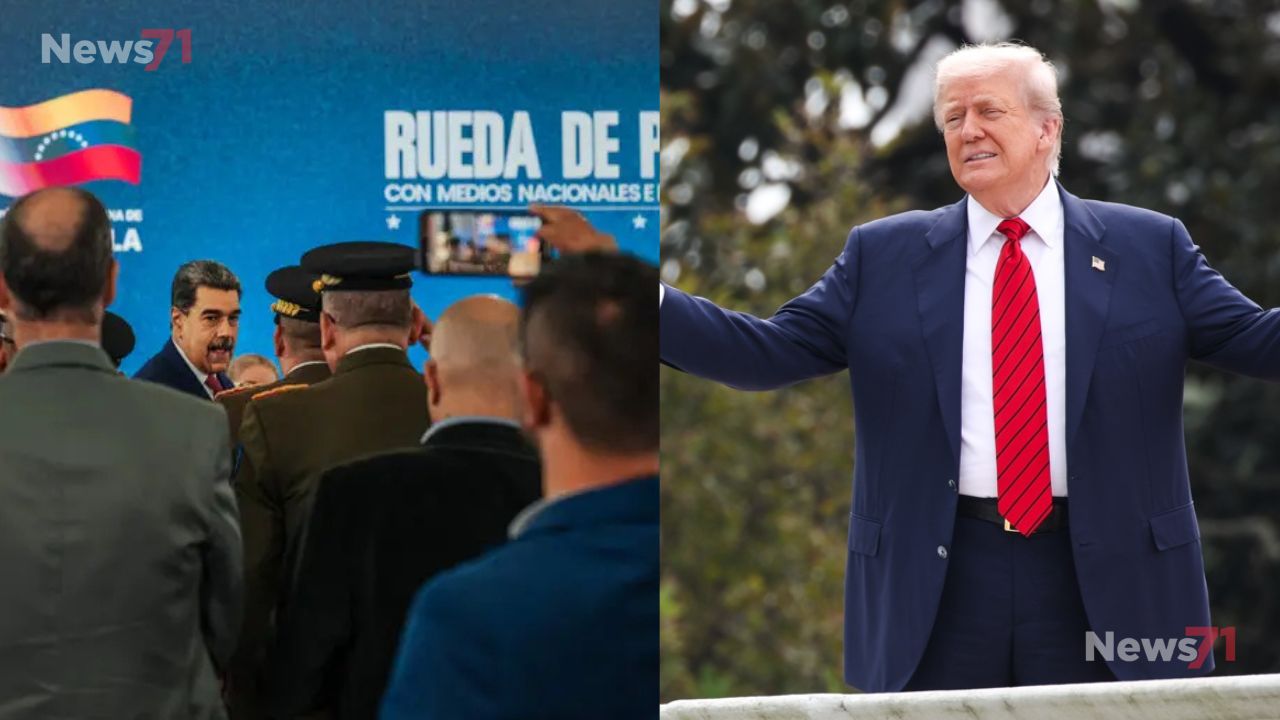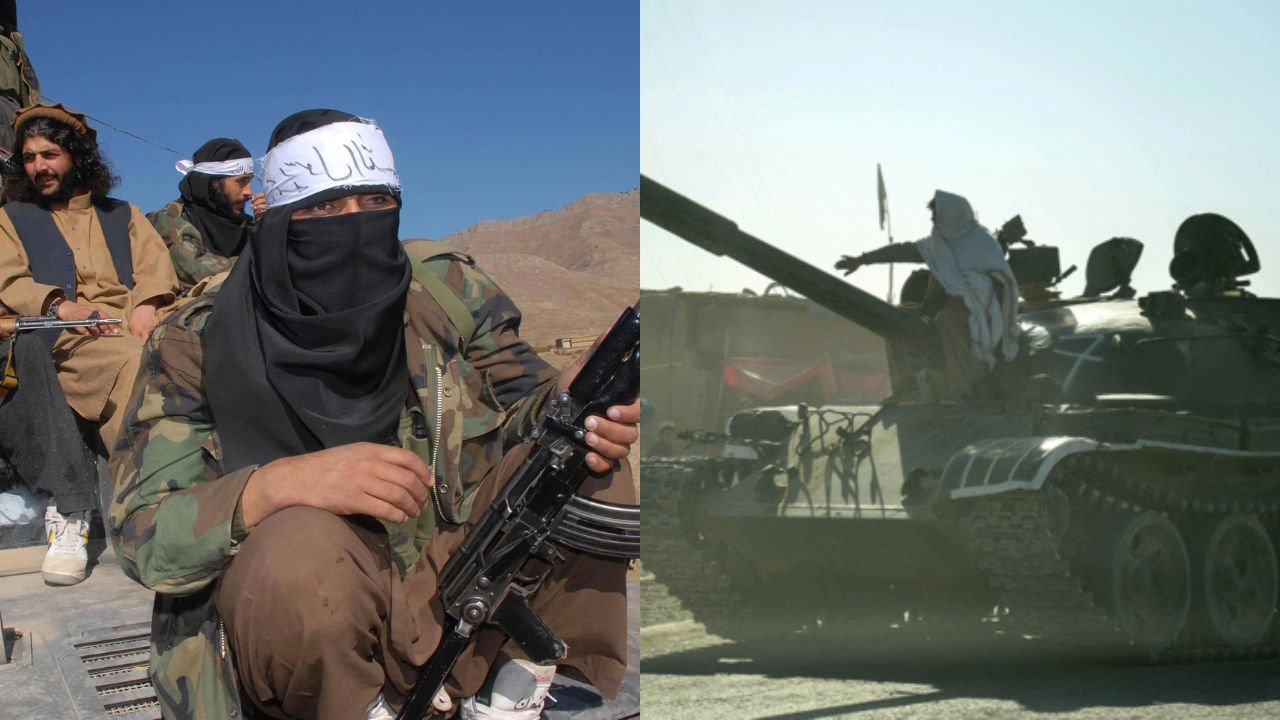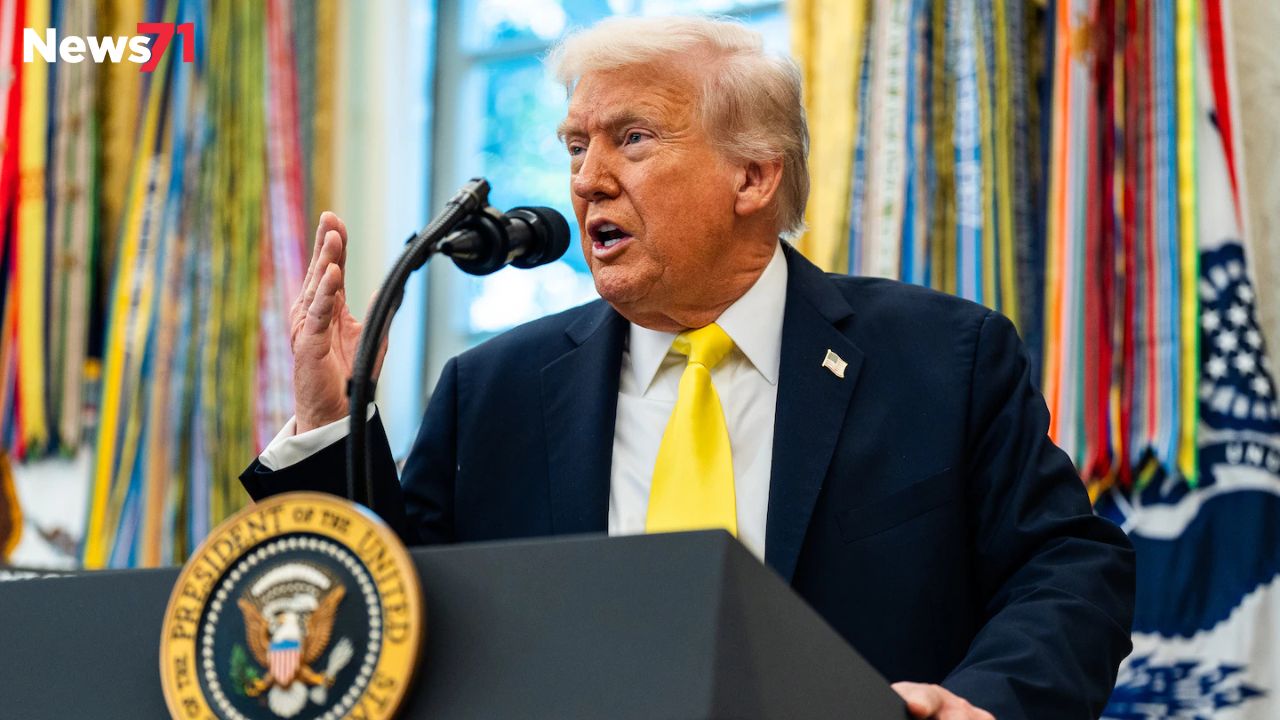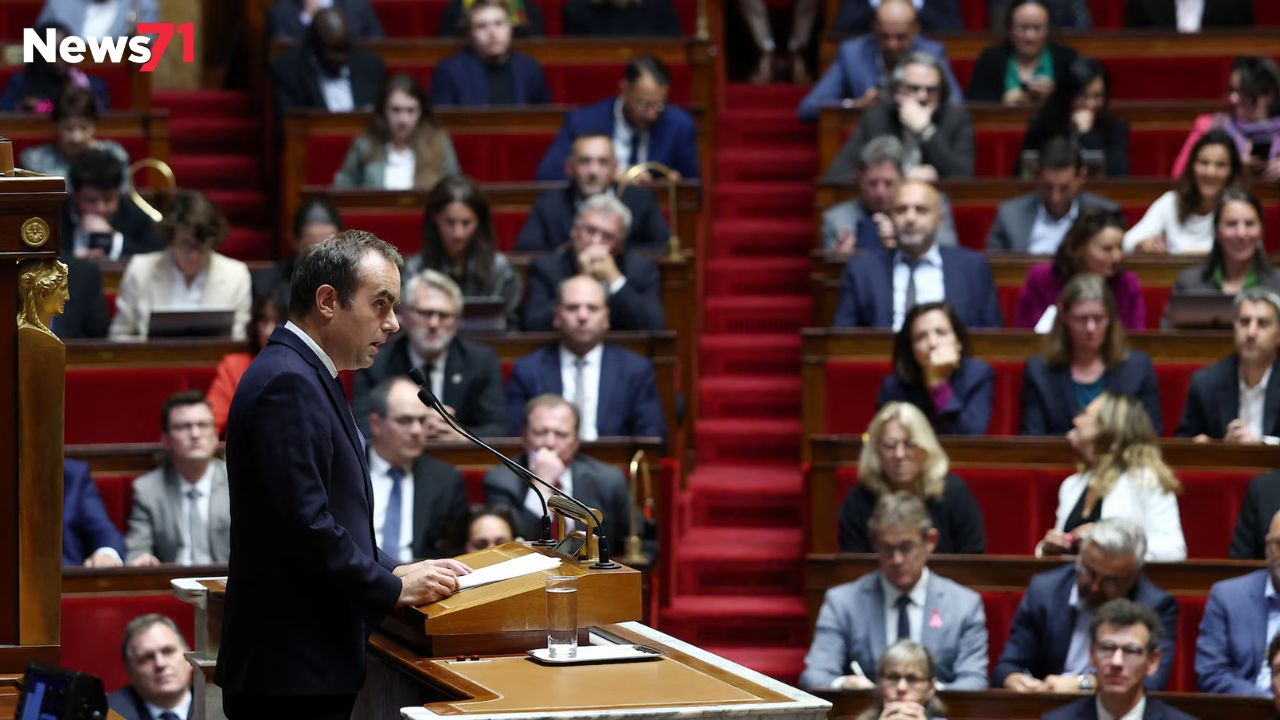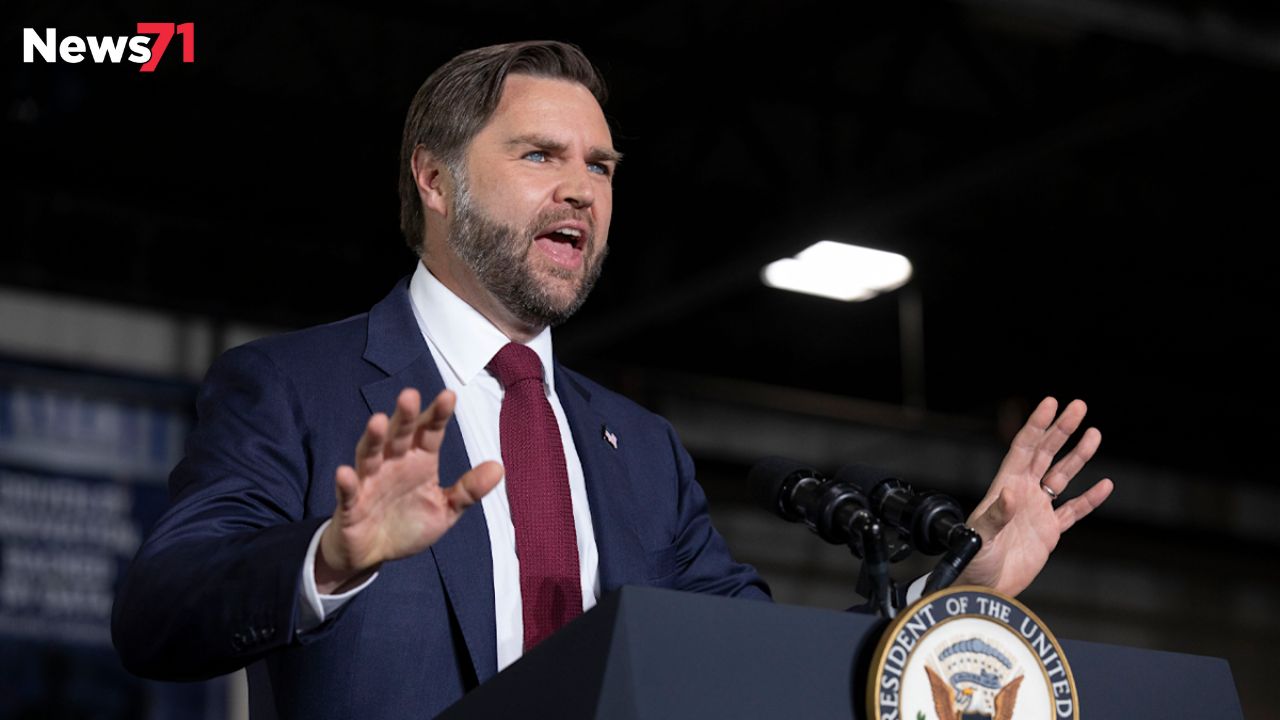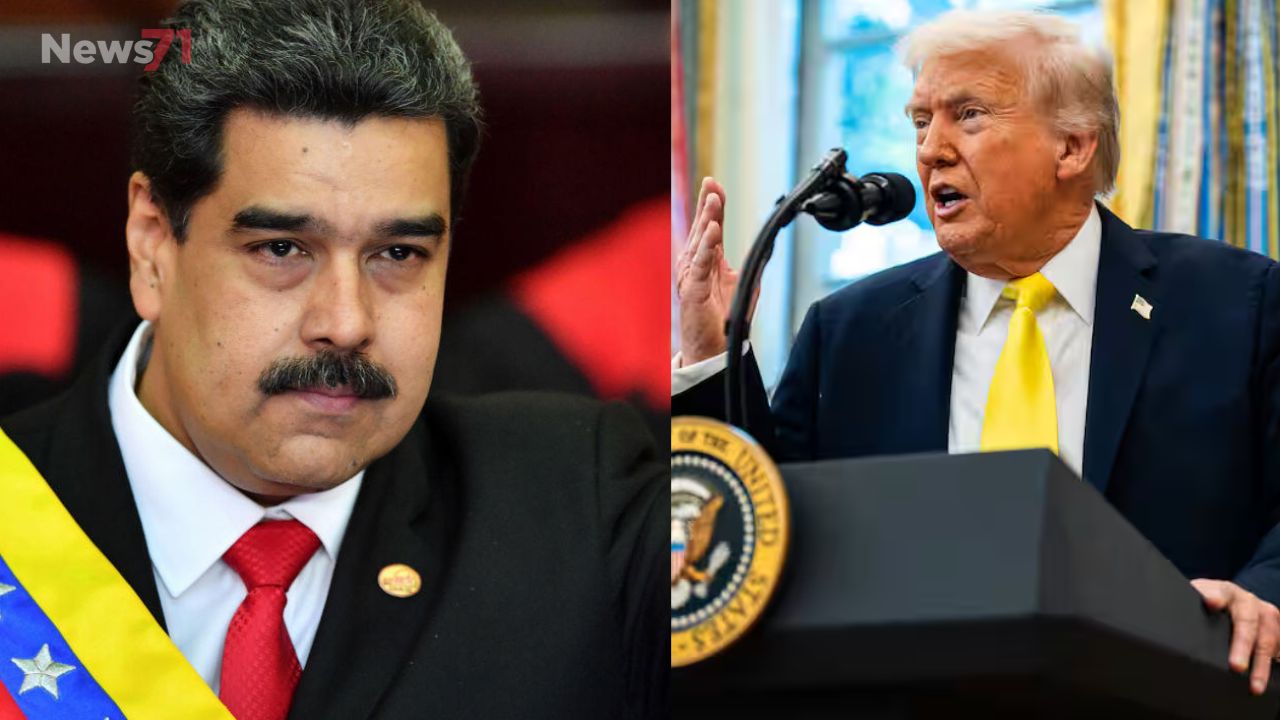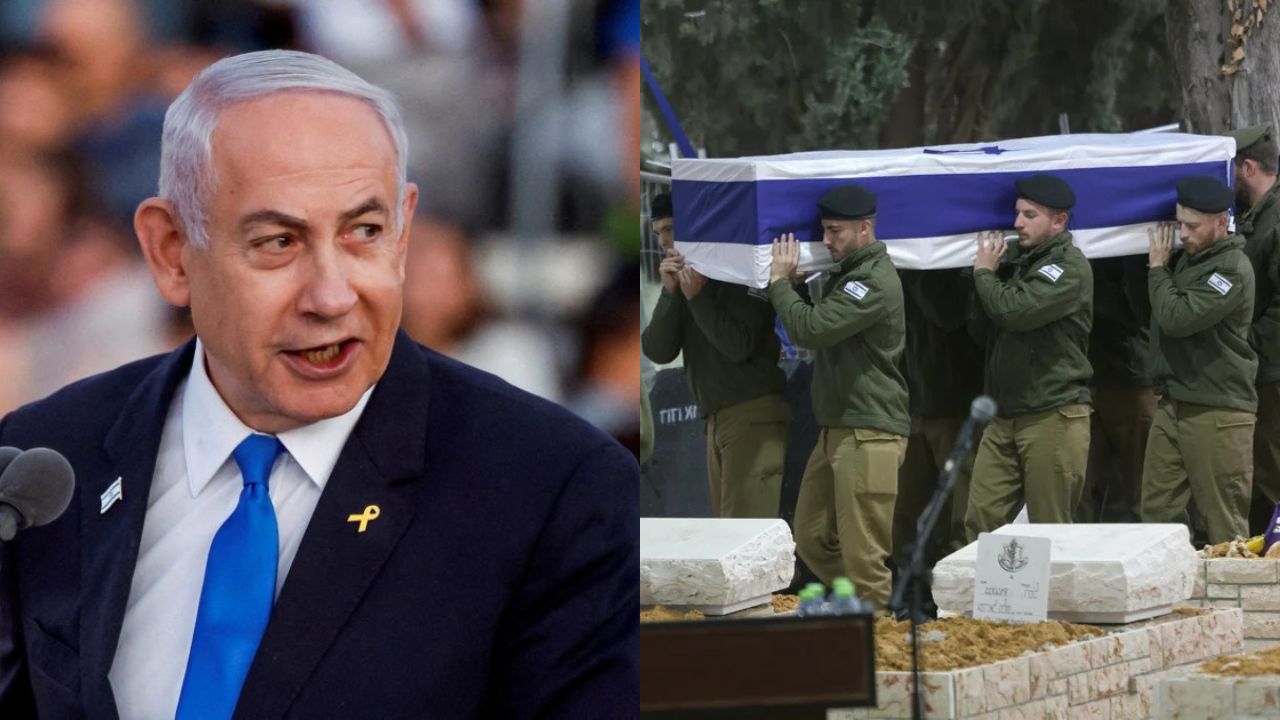The Trump administration has significantly escalated its campaign against Venezuelan President Nicolás Maduro, granting the C.I.A. a secret authorization for covert action, according to U.S. officials. This new authority is the latest and most aggressive move in the intensifying pressure on the country’s authoritarian leader, with the ultimate, though privately stated, goal of driving Mr. Maduro from power. The highly classified document, known as a Presidential Finding in intelligence circles, expands the C.I.A.’s operational scope in the Caribbean region. Crucially, it allows the agency to carry out direct lethal operations in Venezuela, either independently or in coordination with broader military activities. While it is not confirmed if the C.I.A. is currently planning such operations, the authorization signals a profound shift, providing a contingency for the most extreme measures.
This development aligns with the administration’s increasingly confrontational stance. For weeks, the U.S. military has been actively engaged in drug interdiction efforts off the Venezuelan coast, which have resulted in the deaths of 27 people allegedly transporting narcotics. These military actions are part of a substantial regional buildup, which currently involves 10,000 U.S. troops primarily stationed at bases in Puerto Rico, as well as a contingent of Marines on amphibious assault ships. The U.S. Navy has also deployed a significant force to the Caribbean, including eight surface warships and one submarine. The military escalation planning continues, with the Pentagon drawing up options for President Trump to consider, including the possibility of strikes inside Venezuela itself.
C.I.A. Action in Venezuela
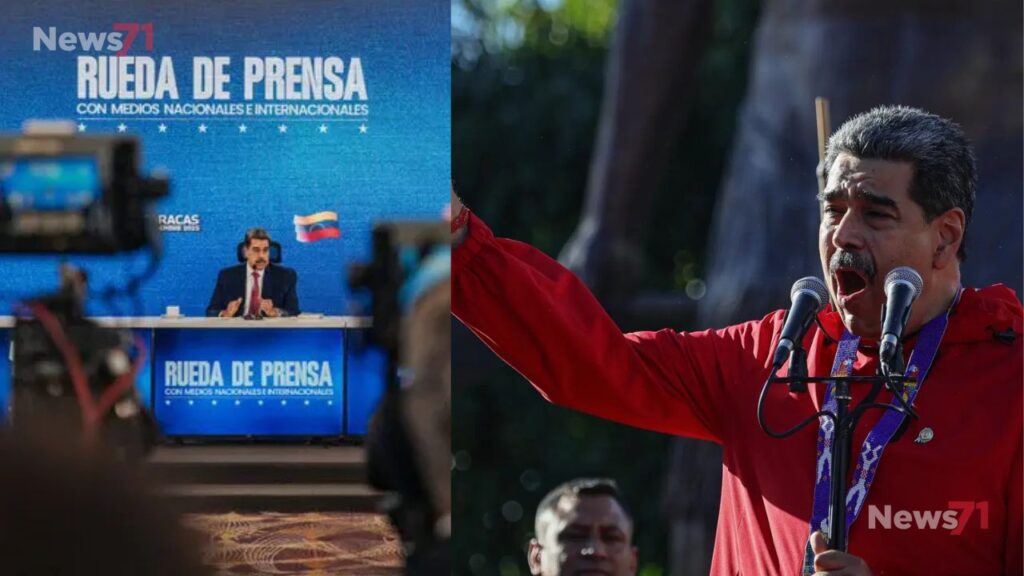
The decision to grant the C.I.A. this new authority follows President Trump’s growing frustration with the Maduro regime. Earlier this month, the administration ordered an end to diplomatic talks after Mr. Maduro repeatedly refused to voluntarily relinquish power and continued to deny any involvement in drug trafficking. The U.S. has already taken public steps to isolate him, labeling him a narcoterrorist and offering a $50 million reward for information leading to his arrest and conviction on U.S. drug trafficking charges. Secretary of State Marco Rubio, who also serves as President Trump’s national security adviser, has been a key figure pushing for the leader’s removal, describing Mr. Maduro as illegitimate. He is working closely with C.I.A. Director John Ratcliffe to achieve this objective.Director Ratcliffe has publicly indicated a shift toward a more aggressive, risk-tolerant C.I.A. During his confirmation hearing, he vowed to ensure the agency would be willing to undertake covert action when ordered by the president, going places no one else can go and doing things no one else can do.
RELATED POST: Syria and Russia Close for ‘Redefine Ties’ in First Visit to Moscow
Historically, the C.I.A. has possessed the authority to collaborate with Latin American governments on intelligence sharing and security matters, such as working with Mexican officials to target drug cartels. However, previous authorizations explicitly prohibited direct lethal operations. This new Presidential Finding fundamentally alters the agency’s operational capabilities in the region, reflecting the White House’s determination to increase pressure on Mr. Maduro by all available means, even as both the C.I.A. and the White House have declined to officially comment on the highly classified new directive.
